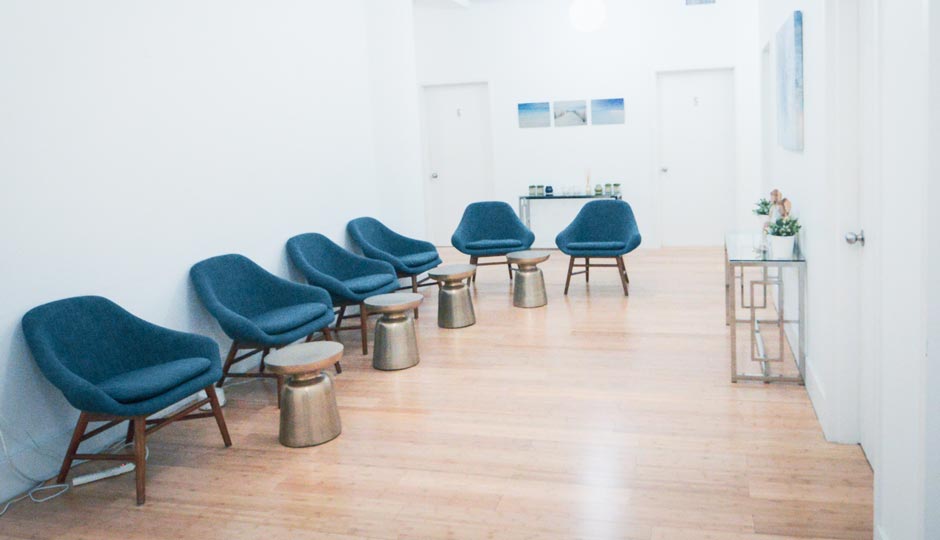By Mary Olivia Verhulst
“I usually don’t talk about my depression, or that part of my life. I don’t want to let it define me.”
Symptoms that impede optimal mental health can feel like a debilitating, overwhelming battle, 24 hours of the day and 7 days of the week- but let’s not make the battle between our journey and ourselves. Being in the journey, as opposed to an outsider looking in or down on, allows for an entirely different experience: education, understanding, and compassion for ourselves.
In a world that offers resources on every corner, webpage, social media outlet, workplace or college campus, choose the option of understanding yourself in a way you haven’t before. Avoiding the realness of the symptoms that impeded mental health make it feel an enemy of sorts. Working on yourself provides insight to a world that is your own, and you can be part of it as opposed to an outsider looking in. You can welcome your challenges with the hope of learning new skills, healing and growing.
The goal of understanding your mental health is to learn to feel more in tune with your identity. Try the following steps to check in with yourself:
1.) Tune in. What are your symptoms? What are your feelings? What are your thoughts? All of these things are different- and none of them are who we are. Thoughts and feelings are temporary, but we must be able to process them in order to learn from them.
2.) Don’t compare your struggle or trauma to others. Often when we get in the business of comparing, we downplay our pain or struggle because ‘others have it worse.’ Trauma and illness are not a contest, and this won’t help rationalize your pain away. Your pain is real and deserving of time and attention.
3.) Consider help from a professional. Sometimes symptoms that impeded your mental health can leave us feeling helpless and hopeless- we feel as if we can’t fix this, no one can. However- as it turns out, we weren’t meant to do life all on our own, and there is hope for you. Support is here when you need it to explore the roots to your symptoms, develop coping techniques, and find relief in proactive solutions. People DO want to hear your story and help you regain control and thrive.
Experience relief. Call, text or email us. We are here to help. Contact us today for individual or couples therapy. If our clinicians are not the right fit for you, we can help refer you to someone that will be a good fit.







